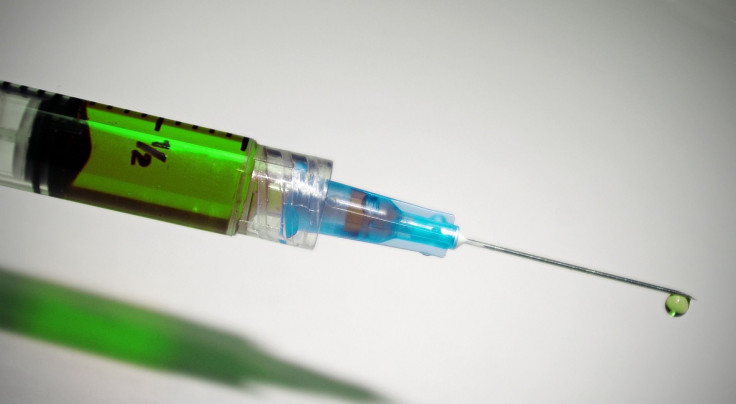Experimental HIV Treatment Fights Off Infection For 18 Months

A man’s HIV infection was kept at bay without medication for 18 months before coming back thanks to an experimental treatment involving lab engineered broadly neutralizing antibodies. The findings suggest that this treatment could lead to a functional cure for the virus.
The experimental treatment also worked in other patients, holding back their infections for around 2 weeks, The BBC reported. This may sound like a short period of time, but these results suggest that broadly neutralizing antibodies could one day be used to both prevent and cure HIV infections.
Read: Successful Antibody Trial Brings Us Closer To Destroying Virus, And Creating Vaccine
"It suggests there's some impact from the antibody, but how the antibody actually impacts the virus and the immune system - that's an ongoing investigation,” said Jintanat Ananworanich, one of the researchers involved in the study, The BBC reported. "I do think antibody therapy has potential because the antibody, in the future, could perhaps be given just two or three times a year."
For the trial, scientists took people who were already controlling their HIV infection with medication and gave them an infusion with an antibody codenamed VRC01. In the case of most infections, the human immune system is able to create antibodies against a virus which not only fight it off but prevent it from ever infecting the body again. However, it's a different story with HIV. According to The BBC, only about one in five people are able to create antibodies against HIV, and even then, the antibodies are only created years after the initial infection and very high levels of uncontrolled virus numbers.
The results of the trial, which takes place in Thailand and is led by the US Military HIV Research Program (MHRP), were revealed at the ninth International Aids Society Conference on HIV Science in Paris.
The ultimate hope of the research is to create these antibodies outside of the body and then transfuse them into patients, giving them the tools they need to fight off HIV on their own, without a lifetime of medication. Although the antibodies would still need to be topped off, probably given a few times a year, they have the potential to be more effective than traditional HIV medications; they keep virus levels low, and also train the body’s immune system how to fight off the virus. Animal studies have shown that these antibodies eventually helped the animals go into remission.
Broadly neutralizing antibodies have been at the center of HIV research for years; earlier this year, a study showed that another antibody, called 10-1074, was also effective at neutralizing the virus and led to high antiviral activities in patients. It will likely not be one antibody, but rather a combination of many that will lead to this eventual HIV treatment, and these new breakthroughs in antibody development suggest that day is coming soon.
See Also:
Experimental Immunotherapy Using Antibodies Dramatically Reduces HIV Levels In Patient's Blood



























